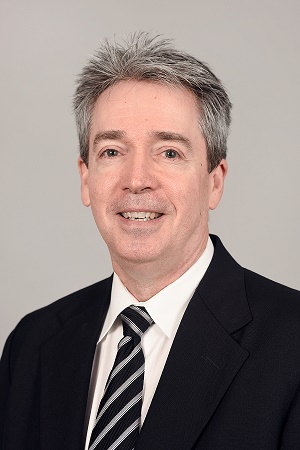
Mission
The mission of the Center for Problem-Oriented Policing is to advance the concept and practice of problem-oriented policing in open and democratic societies. It does so by making readily accessible information about ways in which police can more effectively address specific crime and disorder problems.
About the center
The Center for Problem-Oriented Policing is a nonprofit organization comprising affiliated police practitioners, researchers and universities dedicated to the advancement of problem-oriented policing.
Log onto the Center for Problem-Oriented Policing website at popcenter.org for a wealth of information to help you deal more effectively with crime and disorder in your community, including the following:
- Problem-Oriented Guides for Police
- Problem-Specific Guides Series
- Response Guide Series
- Problem-Solving Tools Series
- Recommended readings in problem-oriented policing and situational crime prevention
- Online library of POP-related publications
- Online collections of POP project reports
- Herman Goldstein Awards for Excellence in Problem-Oriented Policing
- Tilley Awards
- Researcher-assisted POP projects
- Situational crime prevention studies database
- Online Learning Center
- What is POP?
- Problem Analysis Module
- Interactive learning exercises
- 25 techniques of situational crime prevention
- Model academic curriculum in problem-oriented policing
- Information about the annual International Problem-Oriented Policing Conference
- Conference presentations from past years’ conferences
- Translations of POP-related publications into other languages
Visit the POP Center website

Michael Scott, Director
Michael Scott is a clinical professor at Arizona State University’s School of Criminology & Criminal Justice and the director of the Center for Problem-Oriented Policing, a research center that produces and disseminates information about how police can effectively address specific public-safety problems. Scott was formerly a clinical professor at the University of Wisconsin Law School; chief of police in Lauderhill, Florida; special assistant to the chief of the St. Louis, Missouri, Metropolitan Police Department; director of administration of the Fort Pierce, Florida, Police Department; legal assistant to the police commissioner of the New York City Police Department; and a police officer in the Madison, Wisconsin, Police Department. He was a senior researcher at the Police Executive Research Forum (PERF) in Washington, D.C. In 1996, he received PERF's Gary P. Hayes Award for innovation and leadership in policing. Scott holds a law degree from HarvardLawSchool and a bachelor’s degree from the University of Wisconsin–Madison.